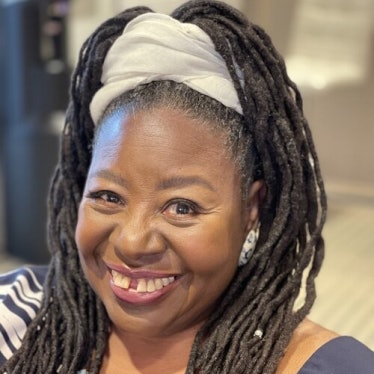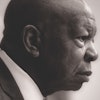The 35th annual NCORE—the National Conference on Race and Ethnicity in Higher Education—held this year in New Orleans, began under somewhat inauspicious circumstances. Campus diversity, equity, and inclusion initiatives are under attack across America, and the previous weekend, Texas state lawmakers passed a ban on DEI offices and programs at public universities. But in what felt like a mark of defiance, one of NCORE’s earliest panels focused instead on what’s going right.
The panelists at “What to Say Yes To: What’s Working for Racial Equity in Higher Education and Beyond” had a sense of their subversive status.
“We’re doing the thing that makes us Public Enemy #1,” said Tim Wise, author of White Like Me: Reflections on Race from a Privileged Son. “We’re smuggling CRT all across the country like it’s fentanyl.”
A main theme that emerged was that radical humility is essential for social justice work, as is a willingness to revise one’s approach. Wise argued that although much of the reflection that happened after the murder of George Floyd was personal (“how do I benefit from white supremacy?”), it is important to keep a systemic approach in mind.
 Loretta Ross, an activist and associate professor of the study of women & gender at Smith College
Loretta Ross, an activist and associate professor of the study of women & gender at Smith College
“You don’t want to be including people in a fucked-up system,” she said.
She also made the case that it’s important for white people to feel pride in their identities as well.




















